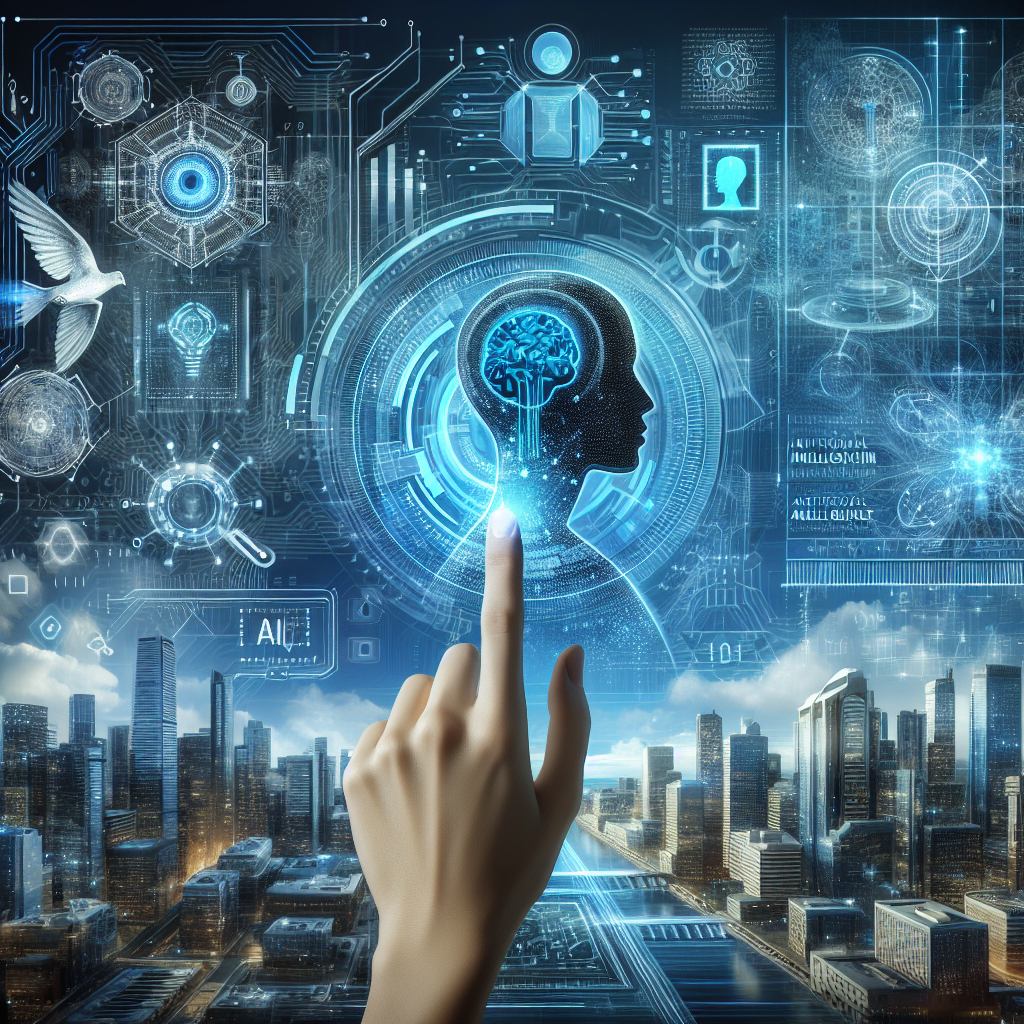Artificial General Intelligence (AGI) has long been a fascination for scientists, researchers, and futurists alike. The idea of creating a machine that can think and reason like a human has captured the imagination of many, sparking debates and discussions about the potential benefits and risks of such a technology. As we continue to make advancements in the field of artificial intelligence, the question remains: what lies ahead for AGI and the future of humanity?
AGI and the Future of Humanity
AGI refers to a type of artificial intelligence that is capable of performing any intellectual task that a human can. This includes tasks such as reasoning, problem-solving, learning, and understanding natural language. While we have made significant progress in the field of AI, current AI systems are still limited in their capabilities and are unable to perform tasks that require true understanding and reasoning.
The development of AGI has the potential to revolutionize nearly every aspect of human life. From healthcare to transportation, education to entertainment, AGI has the capability to transform industries and improve the quality of life for people around the world. With AGI, we could see advancements in medical research, the creation of more efficient transportation systems, and personalized education tailored to each individual’s needs.
However, with great power comes great responsibility. The development of AGI also raises important ethical and societal questions. How do we ensure that AGI is used for the benefit of humanity and not for malicious purposes? How do we address concerns about privacy, security, and the impact of automation on the job market? These are just some of the questions that need to be considered as we move towards a future with AGI.
One of the biggest concerns surrounding AGI is the potential for it to surpass human intelligence. If AGI were to become superintelligent, it could outperform humans in every intellectual task, leading to a scenario known as the “singularity.” This concept, popularized by futurist Ray Kurzweil, suggests that once AGI reaches a certain level of intelligence, it will rapidly accelerate its own development, leading to unpredictable and potentially catastrophic consequences for humanity.
While the idea of the singularity may seem like science fiction, there are real concerns about the potential risks of AGI. From autonomous weapons to mass unemployment, the development of AGI raises important questions about how we can ensure that this technology is developed and used responsibly. It is essential that we have robust regulations and safeguards in place to prevent AGI from being misused and to ensure that it is developed in a way that benefits society as a whole.
Despite the risks, many researchers and experts believe that AGI has the potential to bring about a utopian future for humanity. With the ability to solve complex problems and make intelligent decisions, AGI could help us address some of the biggest challenges facing our world, from climate change to poverty. By harnessing the power of AGI, we could unlock new possibilities for innovation and progress, leading to a brighter future for all.
FAQs
Q: What is the difference between AGI and other types of artificial intelligence?
A: AGI refers to a type of artificial intelligence that is capable of performing any intellectual task that a human can. This includes tasks such as reasoning, problem-solving, learning, and understanding natural language. Other types of AI, such as narrow AI, are designed to perform specific tasks and are limited in their capabilities.
Q: How close are we to achieving AGI?
A: While significant progress has been made in the field of AI, true AGI remains elusive. Researchers are still working to develop AI systems that can think and reason like humans, but there is no consensus on when or if AGI will be achieved.
Q: What are the potential risks of AGI?
A: The development of AGI raises important ethical and societal questions. Risks include the potential for AGI to surpass human intelligence, leading to unpredictable and potentially catastrophic consequences. Other risks include the misuse of AGI for malicious purposes, such as autonomous weapons or surveillance.
Q: How can we ensure that AGI is developed responsibly?
A: It is essential that we have robust regulations and safeguards in place to prevent AGI from being misused. This includes ethical guidelines for the development and use of AGI, as well as transparency and accountability measures to ensure that AGI is used for the benefit of society.
In conclusion, the future of AGI and humanity is a complex and uncertain landscape. While the potential benefits of AGI are vast, so too are the risks. It is essential that we approach the development of AGI with caution and foresight, ensuring that this powerful technology is used for the greater good of humanity. By addressing the ethical, societal, and regulatory challenges of AGI, we can pave the way for a future in which AGI enhances our lives and advances human progress.

